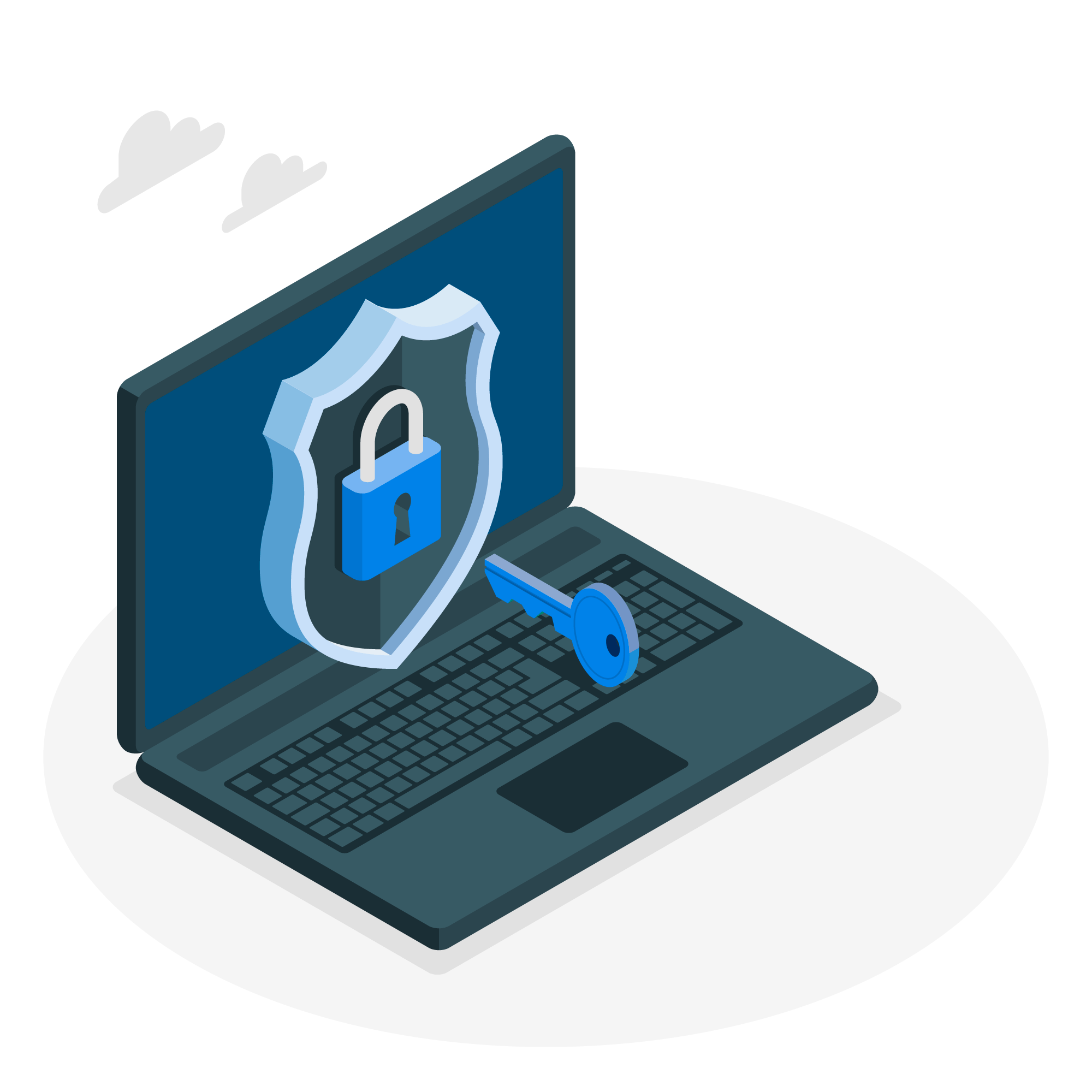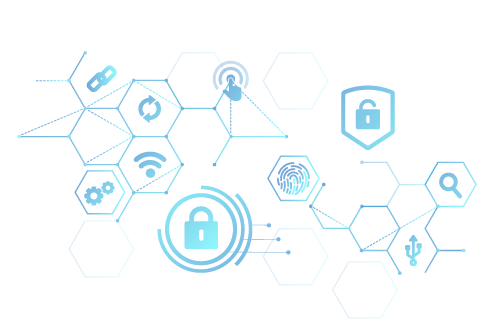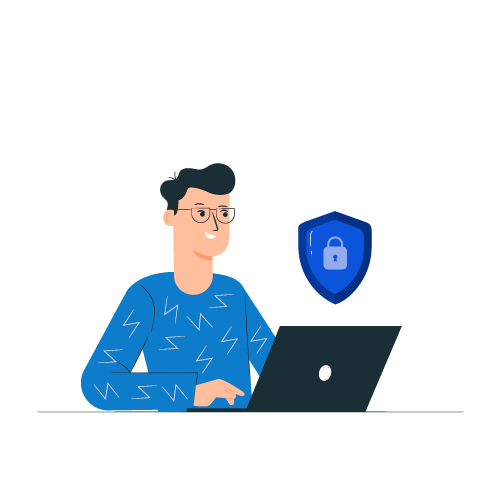Website security is any action or application taken to ensure website data is not exposed to cybercriminals or to prevent exploitation of websites in any way.

Website Security Protects your Website from
These attacks can slow or crash your site entirely, making it inaccessible to visitors.
Your site may be removed from search engine results and flagged with a warning that turns visitors away if search engines find malware.
Malware is a very common threat used to steal sensitive customer data, distribute spam, allow cybercriminals to access your site, and more.
Cyber criminals can access a site and data stored on it by exploiting weak areas in a site, like an outdated plugin.
This attack replaces your website’s content with a cybercriminal’s malicious content.
As now you are of threats which are mentioned above. You might be wondering how it affects the visitors on your site.
Well, a criminal can access not only your data but also the data of your visitors and use it maliciously.
Hence, Website security is must to secure your website from potential threats and data that the website holds.


It’s an approach that brings together the best security for the visitors.Website security protects your visitors from:
SSL certificates protect the data collected by your website, like emails and credit card numbers, as it is transferred from your site to a server.
A WAF stops automated attacks that commonly target small or lesser-known websites.
A website scanner looks for malware, vulnerabilities and other security issues so that you can mitigate them appropriately.
Jemistry makes website security easy and affordable with automated solutions that are easy to install and plans that work for your budget.
We would be happy to elaborate and explain every aspect of our services to you in a clear and easy to understand way. Let’s get started today!